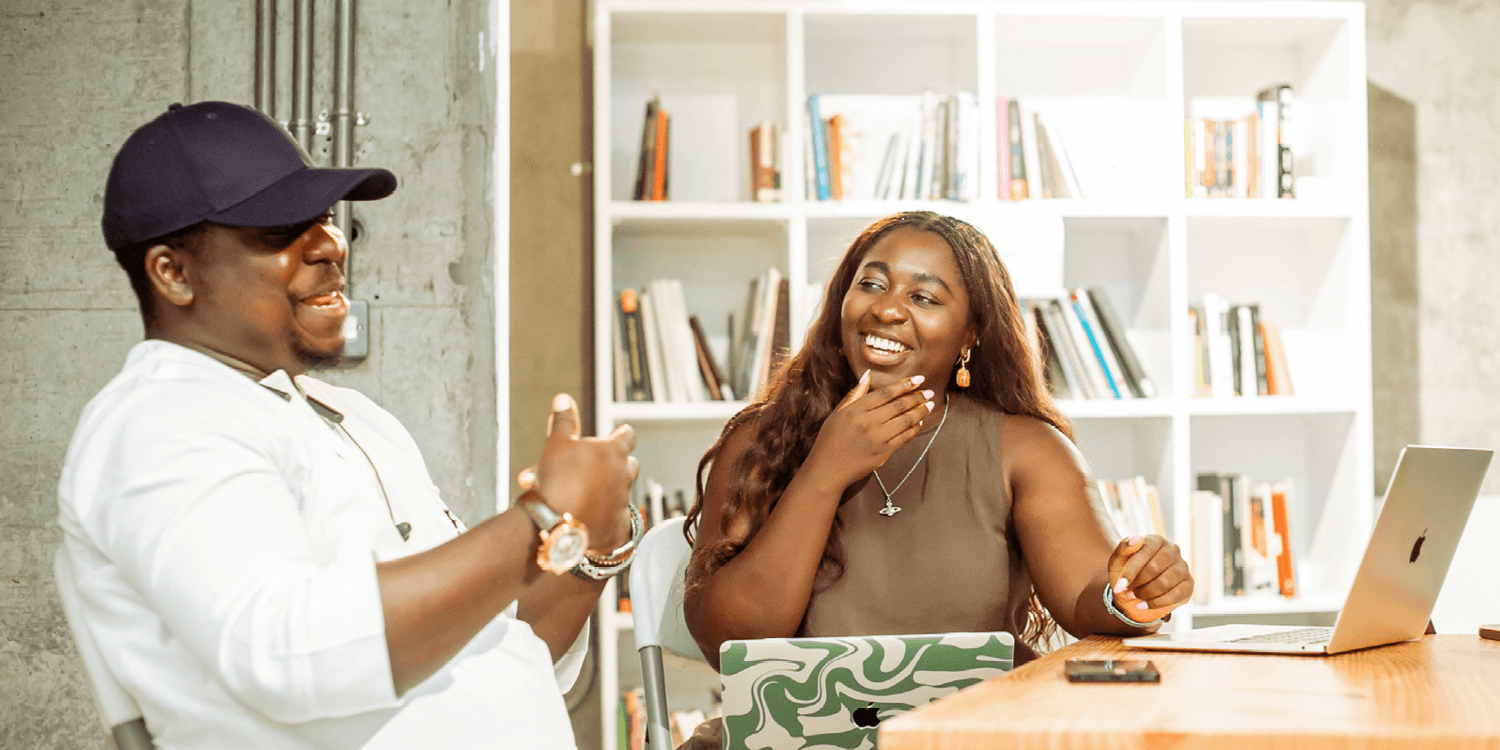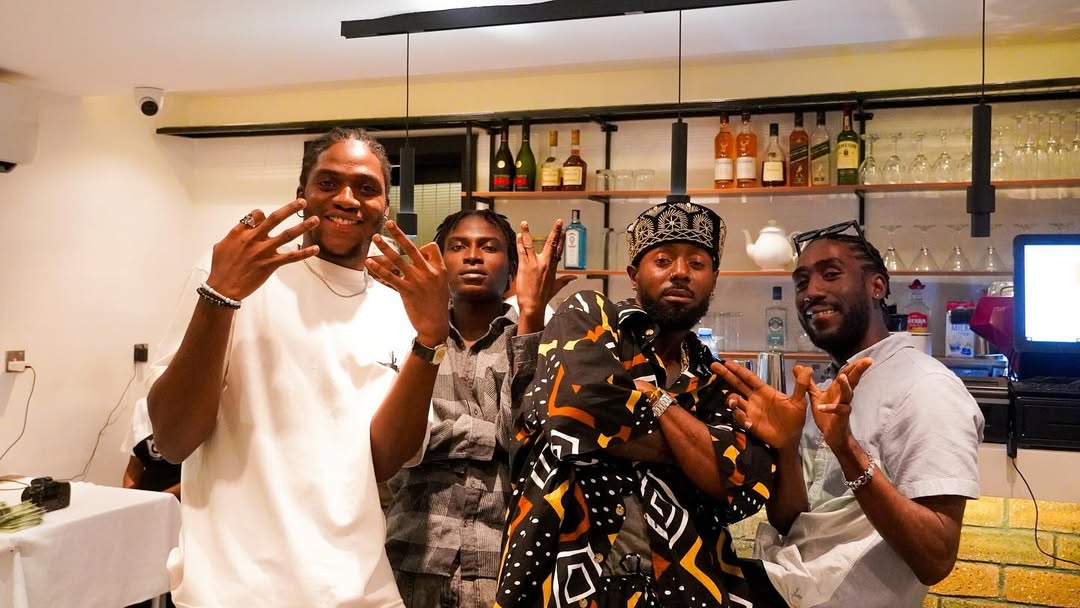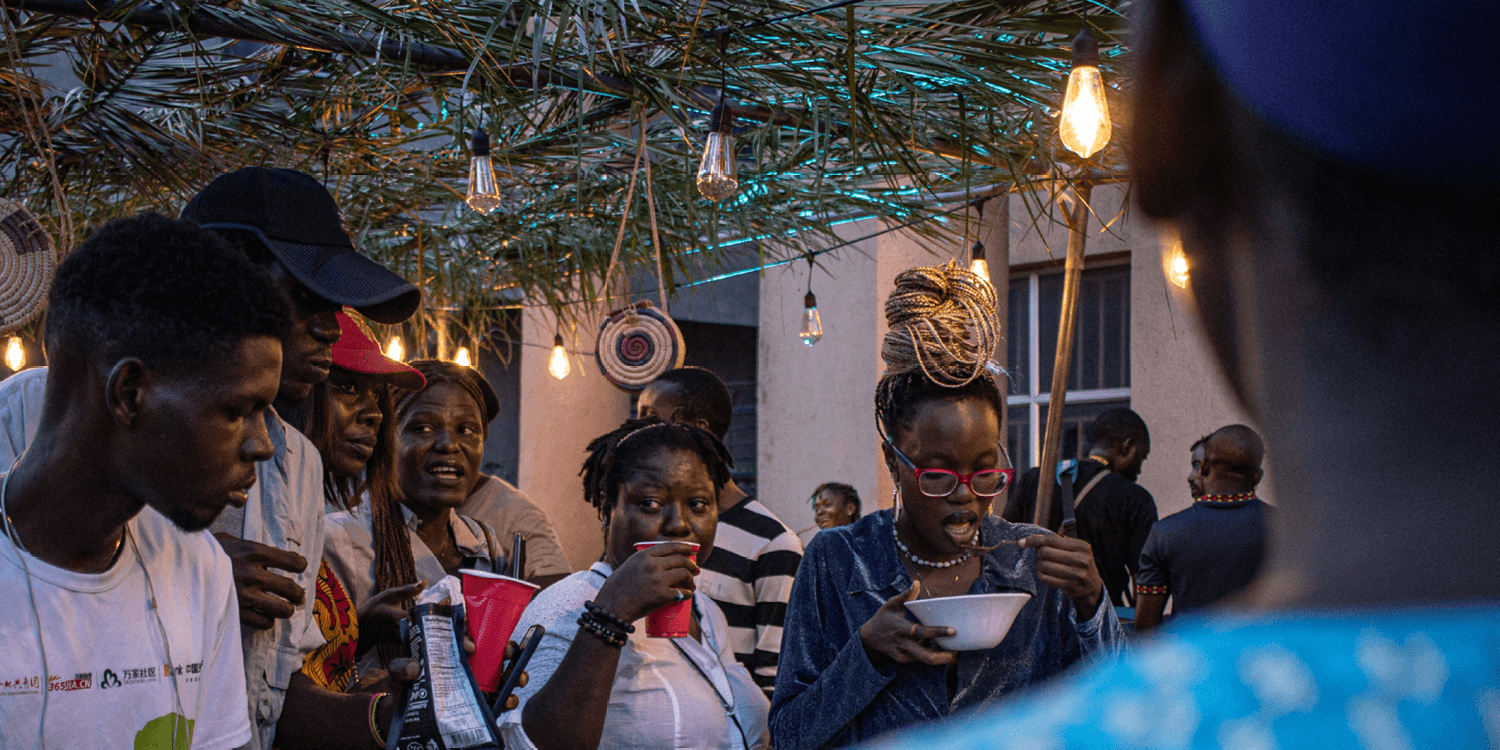Across July, August, G.A.S. Foundation hosted three residents whose practices spanned research, performance, installation, and sound, yet converged on shared themes of heritage, ecology, and community. Pelumi Odubanjo traced Afro-Brazilian histories across Lagos, Badagry, and Ibadan, Dr. Ietef Vita rooted his eco-hip-hop practice in Nigerian landscapes, merging music with agroecology, food justice, and ancestral knowledge while engaging local creative and activist communities. Olufela Omokeko deepened his Mobile Food Museum project through sculptural and installation-based works that celebrated Yoruba agricultural identity and reimagined the symbolic weight of everyday tools. Together, their residencies reflect the breadth of experimentation and dialogue nurtured at G.A.S., where artistic practice becomes a means to preserve cultural histories, spark ecological awareness, and foster community resilience.
During her two-and-a-half-week residency at G.A.S. Lagos, generously supported through funding from the James McCune Smith Scholarship at the University of Glasgow, Pelumi Odubanjo immersed herself in the layered histories of Afro-Brazilian heritage in Nigeria, with a focus on Lagos, Badagry, and Ibadan. Her research journey took her to key cultural and archival sites, including the Afro-Brazilian Cultural Centre in Lagos, the National Archives in Ibadan, and the Lagos Bureau of Archives, where she investigated records that document the lives of Afro-Brazilian returnees, known as the Agudas. She explored significant architectural landmarks such as the Shitta-Bey Mosque and the Holy Cross Cathedral, as well as sites of memory in Badagry, including the “points of no return” and examples of Afro-Brazilian architecture. Pelumi also engaged with cultural practitioners and institutions, including Yemisi Shyllon, Ashiri Magazine, the Centre for Contemporary Art (CCA), John Randle Centre, and local galleries, while fostering dialogues with researchers, writers, and community members such as Kelechi, whose work intersects with her own. Her time in Oshogbo included visits to sites tied to Suzanne Wenger’s architectural and cultural legacy, further expanding the scope of her inquiry into the preservation of Black Atlantic returnee heritage. The residency culminated in Picturing Return: Afro-Brazilian Archives in Nigeria, a public event hosted by G.A.S. Lagos on 3rd September 2025. Co-presented with scholar and curator Oludamola Adebowale, the discussion traced the architectural, archival, and cultural presence of the Aguda community across Lagos, Ibadan, Ile-Ife, and Badagry.
 Oludamola Adebowale and Pelumi Odubanjo leading a discussion at Picturing Return: Afro-Brazilian Archives in Nigeria
Oludamola Adebowale and Pelumi Odubanjo leading a discussion at Picturing Return: Afro-Brazilian Archives in Nigeria
During his eight-week residency at G.A.S. Foundation, Dr. Ietef Vita brought his eco-hip-hop practice into dialogue with Nigerian landscapes, communities, and cultural traditions. Splitting his time between G.A.S. Lagos and the Farm House in Ikise, he expanded his ongoing project Beets & Roots: From Lagos to the Land, weaving together music, agriculture, and ancestral knowledge. His residency was marked by a balance of regenerative rest, studio production, and community engagement, ranging from sound experiments with farm environments to knowledge exchanges with herbalists, Yoruba cultural practitioners, and youth-led collectives. Ietef also explored Lagos’s vibrant cultural scene, performing at Jazzhole and The Garden with El Padrino and Twosday, collaborating with musician Yinka Bernie, and connecting with plant-based-diet innovators at Veggie Victory, one of Lagos' vegan restaurants. Beyond Lagos, he travelled to Johannesburg to participate in the Joburg Art Fair, where his graffiti work expanded his cross-continental engagements in art and activism. The residency culminated in a listening party at RapJoint Lagos on October 23rd, 2025, where Ietef unveiled Skywater: Year of the Snake, the second chapter of his beat album series that reimagines hip-hop as an ecological and spiritual practice. Building on Year of the Dragon, the new release layered field recordings, farm rhythms, and earth-inspired soundscapes with collaborative tracks, offering audiences a multisensory meditation on sustainability and cultural memory. The session reflected the heart of his residency: hip-hop as a medium for environmental awareness, cultural exchange, and community healing. His residency was generously supported by the Terra Foundation for American Art.

Dr. Ietef Vita's listening party at Rapjoint Lagos unveiling Skywater: Year of the Snake
Olufela Omokeko's ongoing residency is taking place across G.A.S. Lagos and the Farm House in Ijebu, where he is furthering his exploration of Yoruba agricultural identity through the creation of new sculptural and installation-based works. Central to his practice during this period was the development of pieces for Àgbàlá Ọkọ́ – Hoe Courtyard, an extension of his Mobile Food Museum project, which reimagines the hoe as both a utilitarian object and a cultural symbol of resilience and sustenance. His research extended into the cultural symbolism of pepper, linking its sharpness and vitality to questions of vision, clarity, and survival, which he wove into the conceptual frame of his installations. Working across sculpture, performance, and participatory methods, he is creating a body of work that not only honours the agricultural histories of Yoruba communities but also critiques the fragile connections between tradition and modernity in the face of ecological and social pressures. He is also working on developing installations that celebrate the hoe as an enduring emblem of labour and sustenance, while his conceptual exploration of “perfect vision” around pepper underscored the urgency of clarity in addressing contemporary food insecurity. Olufela’s residency also marks a significant step in expanding his Mobile Food Museum into a living archive and interactive platform for rethinking agricultural heritage in Nigeria.
 Mobile Food Museum (Jeun Soke Project) 2024. Image courtesy of Lawal Oyewole.
Mobile Food Museum (Jeun Soke Project) 2024. Image courtesy of Lawal Oyewole.